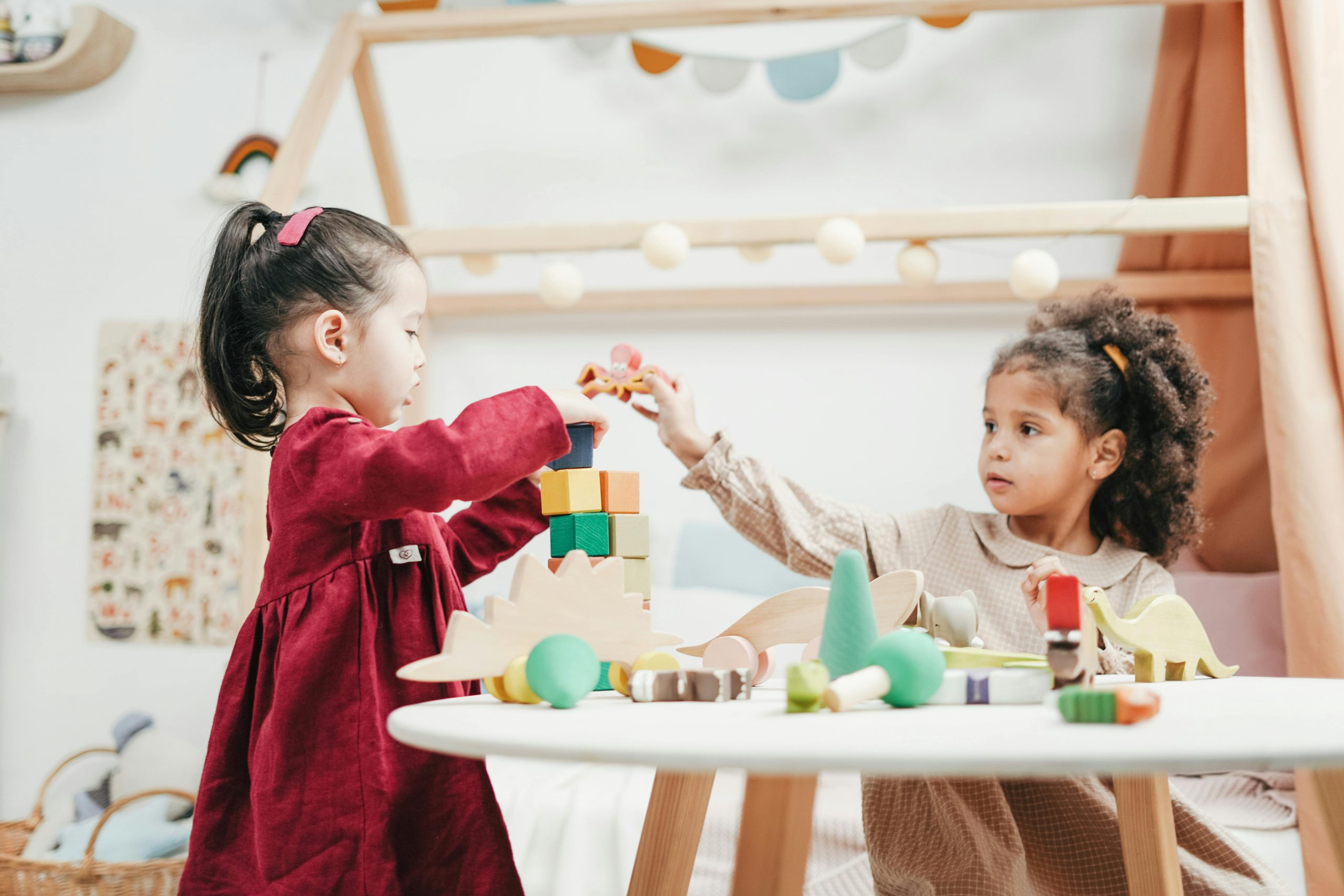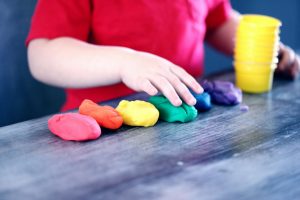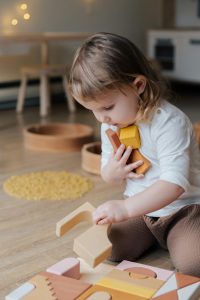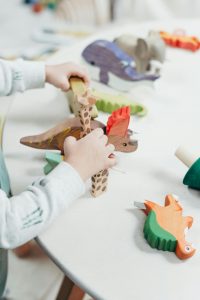
November 26, 2024, by Rupert Knight
Ofsted versus Early Years? The debate about ‘poorly planned play’
In this post, Lauran Doak reflects on current debates around the status of play in Early Years settings
Ofsted and play in Early Years
‘Play-based learning in Reception classes sometimes does no more than occupy children’s time. If it does not challenge their thinking, problem-solving, persistence and collaboration, it is ineffective in developing their executive functioning. Such poorly planned play keeps children busy but does not support their development: their hands and bodies are active, but their minds are not’. (Ofsted,2024)
The above critique of (some) Early Years practice has elicited controversy amongst practitioners online. Taken from Ofsted’s recently published research report Strong Foundations in the First Years of School, it appears to place strong emphasis on the need for adult direction to ensure that children experience what the report calls ‘high-quality play.’ Teachers, it is suggested, ‘should plan and prepare resources for play that reflect children’s differing knowledge and broaden their interests’
It is further suggested that ‘teachers might plan for children to practise what they have learned in their play’, with the example given of children ‘learning to jump and hop with accuracy and control’ by watching an adult demonstration and then having a go themselves.

Two viewpoints
Much of the online controversy seems to assume a binary division between two opposing viewpoints.
On the one hand, the seemingly majority view online is that good play is ideally spontaneous and freely chosen by children, conducted between peers with minimal adult interference, and that such play is inevitably of developmental value anyway. Proponents cite Art.31 of the as evidence of the child’s ‘right to play’, free from adult concerns with outcome-focused agendas. Much literature supports this idea: for example, Truelove et al. (2017) propose a definition of play involving children expending energy in a ‘freely chosen, fun, and unstructured manner’ (p.164).
This contrasts with an online counter-position from a smaller number of professionals in support of Ofsted. Language development and cognitive development are valid goals in the Early Years, it is argued, and well-planned play opportunities structured by adults are central to supporting this trajectory for all learners.
This online binary division in turn reflects underpinning debates in research: ‘play’ has long been the subject of competing discourses around its intrinsic or instrumental value (Goodhall & Atkinson, 2017), the (in)appropriateness of adult-led interventions to improve play skills (Lester & Russell, 2010), and the increasing ‘pedagogization’ of play (Rogers, 2010).
This apparent binary is also reflected in the literature around play in the context of Special Educational Needs & Disability (SEND). Whilst the recent Ofsted report focuses on mainstream Early Years settings, the practices of ‘continuous’ or ‘free-flow’ provision described the report as being characteristic of Reception and Year 1 classrooms are also used with some older learners in special schools. The posited play ‘deficits’ of disabled and neurodivergent learners labelled with ‘SEND’ has been termed the ‘pathologisation of play’ (, 2010, p.499), with the subsequent proliferation of interventions promising play remediation.
Bridging the gap

In my own research (Doak, 2019), I have argued for the need to transcend this apparent binary distinction between ‘freely chosen’ and ‘adult-directed’ play. From a posthuman perspective, the play which is or is not possible in any given moment emerges from an assemblage of (amongst other things) available artefacts, the design of place and space, available human and non-human play partners, and so on. These visible, material elements of the assemblage in turn are inflected with traces of wider discourses around education, pedagogy, play, childhood, inclusion, safeguarding, disability and more.
For instance, in England where the existence of ‘special schools’ (segregated provision) has been constructed as an inevitability by successive governments, non-disabled peers are rarely accessible to disabled students in special schools and this profoundly shapes the (im)possibilities of the playground. In my own research, I have noted the effects on play when a class of minimally verbal and non-verbal learners had no opportunity to engage with children who use spoken language. Whilst their embodied, non-verbal forms of play may appear ‘freely chosen’ at first glance (there is no adult ostensibly directing them), the resultant play is nevertheless profoundly shaped by adult practices and discourses of segregation.

Looking ahead
I am no Ofsted apologist, and I share many of the concerns expressed online around the selective citation of research without robust methodology as well as the potentially chilling effect of this particular report upon play which brings joy, irrespective of measurable ‘learning outcomes’. Nevertheless, a posthuman perspective on play does inevitably implicate the adult(s), since adult discourses and agendas are ubiquitous in the settings where children attempt to enact play. It becomes difficult to argue for ‘freely chosen’ play by children when we think of play as emerging from complex entanglements of adults, children, artefacts, bodies, minds, material and discursive environments which together enable some forms of play to emerge but not others.
Perhaps it becomes more helpful to acknowledge that we are always implicated in children’s play, along with non-human elements of the play assemblage – and to reflect critically on which types of play are (not) enabled by our actions, and for which children.
No comments yet, fill out a comment to be the first

Leave a Reply